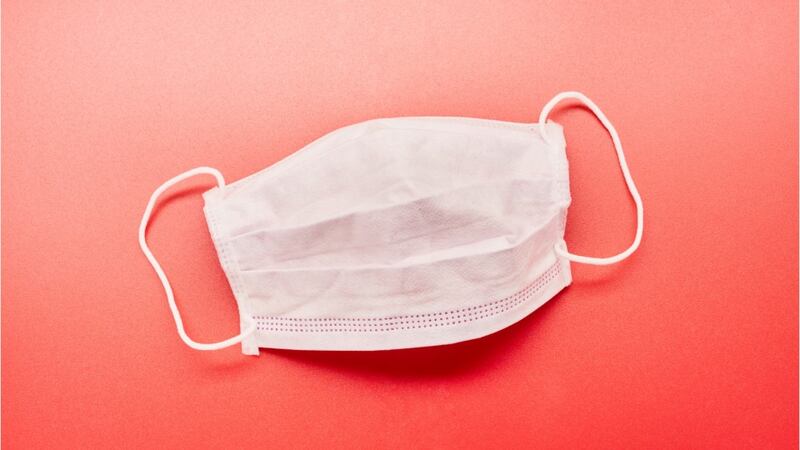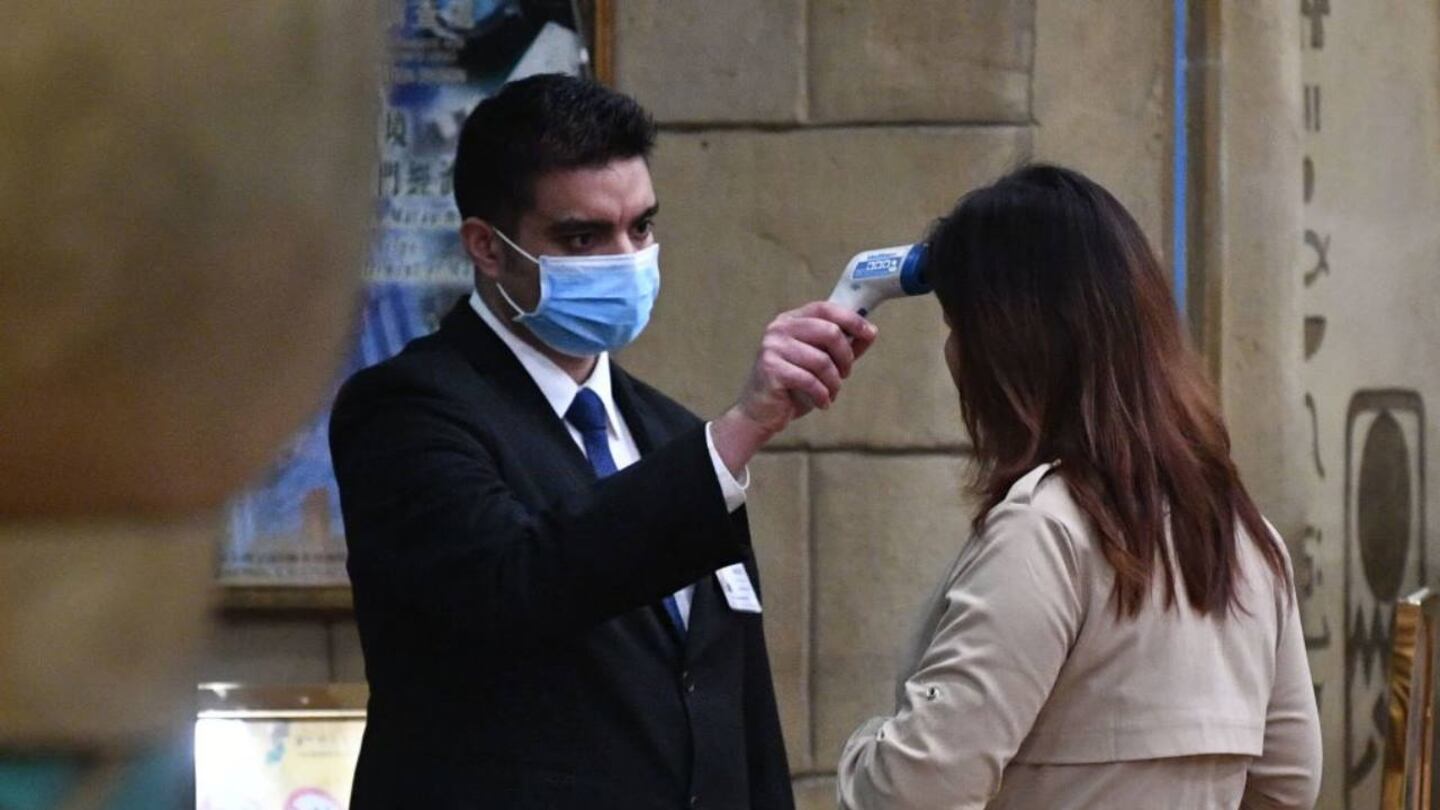As the coronavirus continues to spread and more cases are being reported worldwide, U.S. public health officials are urging Americans to prepare for the virus and have contingency plans in place.
Public health officials, concerned about the possible spread of the COVID-19 coronavirus in U.S. communities, are urging Americans to ask schools and workplaces about contingency plans.
“I contacted my local school superintendent this morning with exactly those questions,” Nancy Messonnier, director of the Centers for Disease Control and Prevention’s National Center for Immunization and Respiratory Diseases, told reporters Tuesday.
Messonier also told reporters the spread of the virus in the United States was "not so much of a question of if this will happen in this country anymore, but a question of when this will happen.”
“When you start to see sustained transmission in other countries throughout the world, it’s inevitable that it will come to the United States,” Anthony Fauci, director of the National Institute of Allergy and Infectious Diseases, told NBC News.
Here are some ways to prepare:
People
Paul Biddinger, the chief of emergency preparedness at Massachusetts General Hospital, does not recommend masks as a way to protect yourself. Biddinger said the best way to protect yourself is to follow simple hygiene practices, such as always washing your hands, covering your face when you cough and wiping down any surfaces you will eat on or use.
Experts concur, noting that commonly worn surgical masks are not effective protection, NPR reported. A heavy-duty mask, called an N95 respirator, is considerably better protection, but it is uncomfortable and can make breathing more difficult, the radio network said.
“We certainly understand why people are anxious,” Paul Biddinger, a Massachusetts doctor monitoring the virus, said last month. “This is a new infection, and in the medical and public health community, I think we’re understandably concerned because we don’t know how this is going to play out.”
People should make plans to care for their children if schools and day care centers close down, NPR reported. Messonnier also suggested people should find out if there was a way to get medical care remotely, such as through telemedicine.
Hospitals
Bruce Aylward, team leader for the World Health Organization’s China joint mission on COVID-19, told reporters Tuesday that isolated hospital beds, ventilators to help people breathe easier, and protective care for health care workers would be effective against the coronavirus.
“We need fast and drastic improvements in triage, treatment, cleaning and overall infection prevention,” Tom Frieden, Tom Frieden, the former director of the U.S. Centers for Disease Control and Prevention, told CNN.
Businesses
Business leaders may consider having employees work from home, which will curtail contact between them and perhaps lessen the risk of the virus spreading through the workplace.
Travel
CDC officials have advised against nonessential travel to China and South Korea, as these countries have seen the highest numbers of coronavirus cases.
U.S. Health and Human Services Secretary Alex Azar said it was inevitable the coronavirus would reach the United States.
“We have said from Day One we can’t hermetically seal off the United States. We’ve always said we expect to see more cases,” Azar told reporters. “People shouldn’t panic when they see new cases. They should know their government predicted we would have them, and we have plans in place."
Cox Media Group









